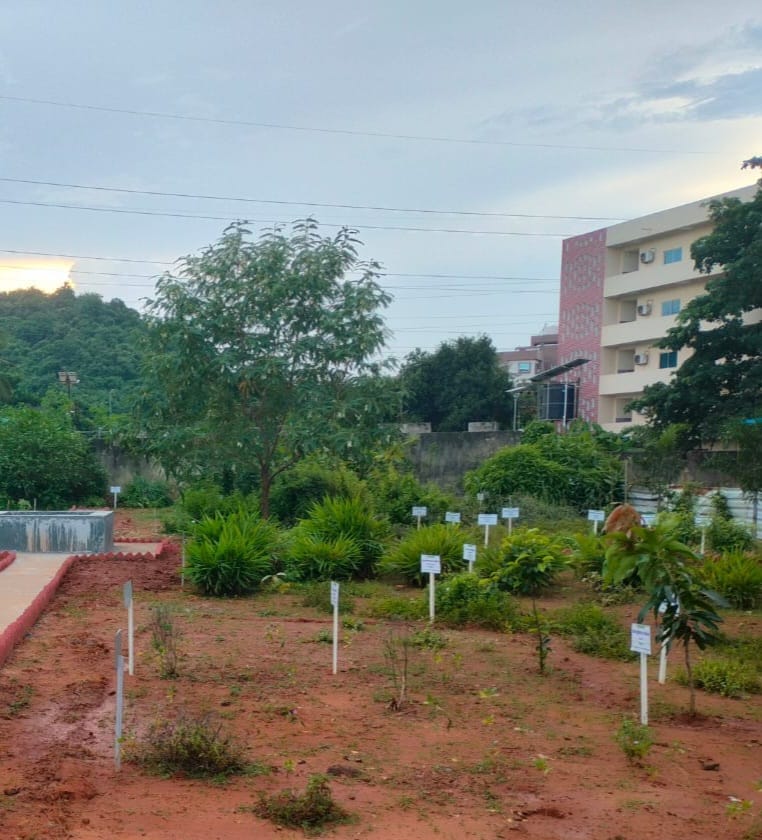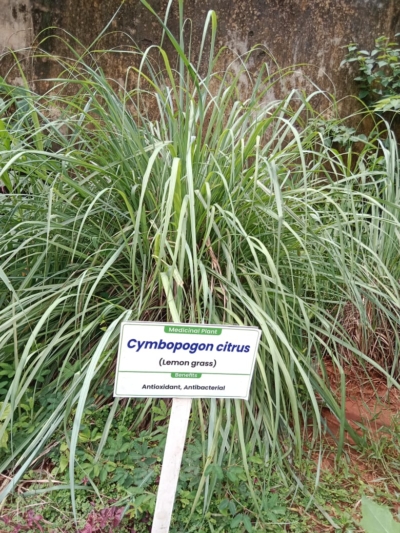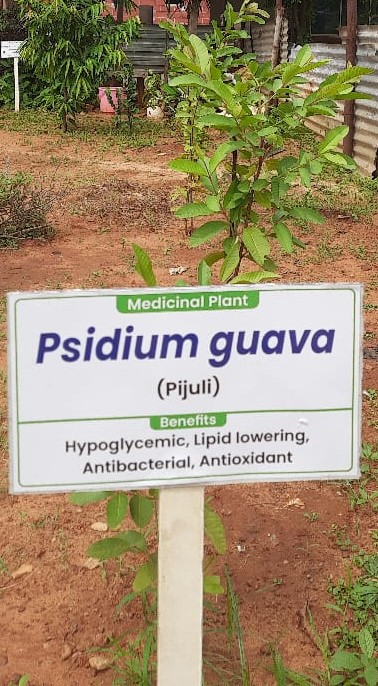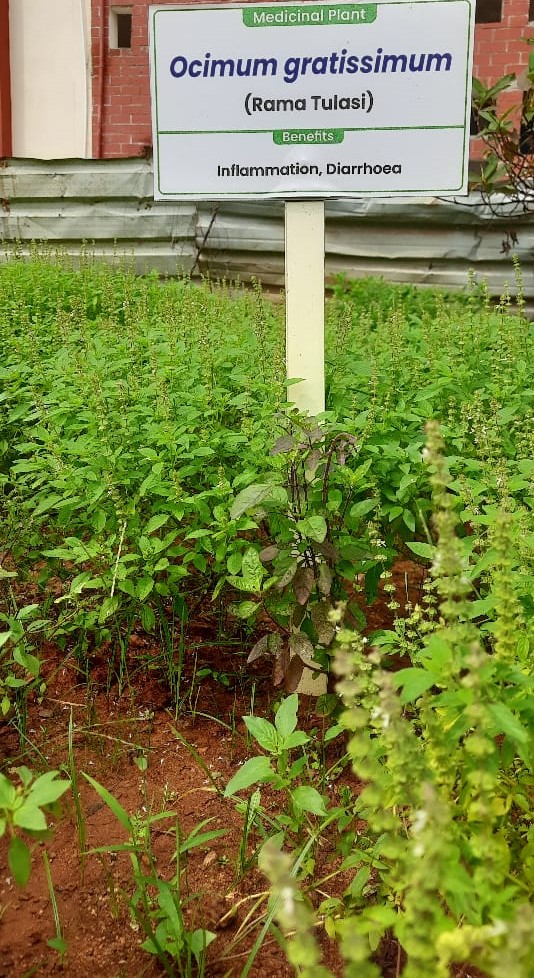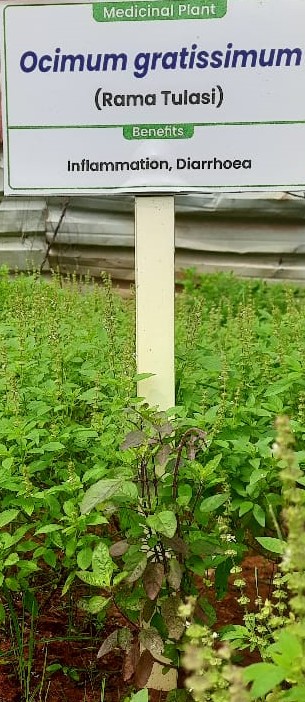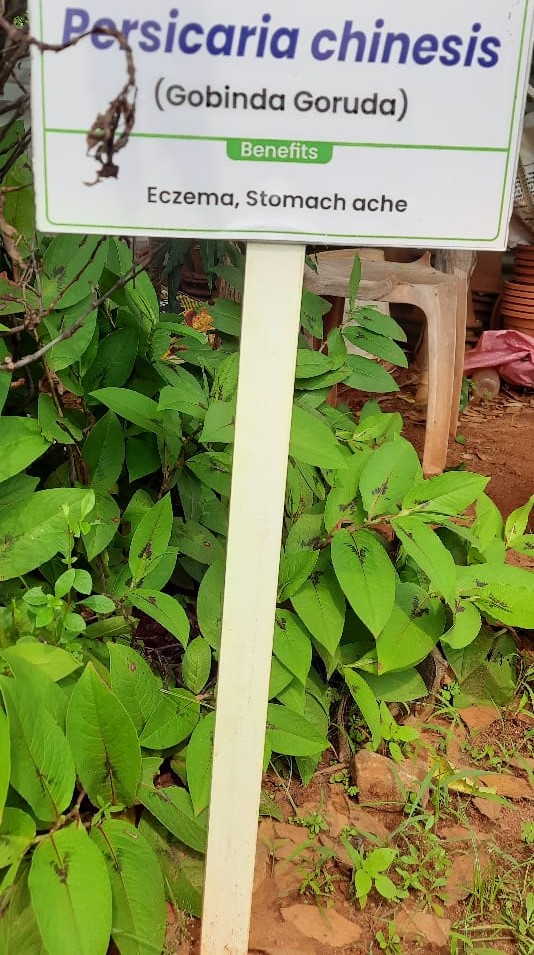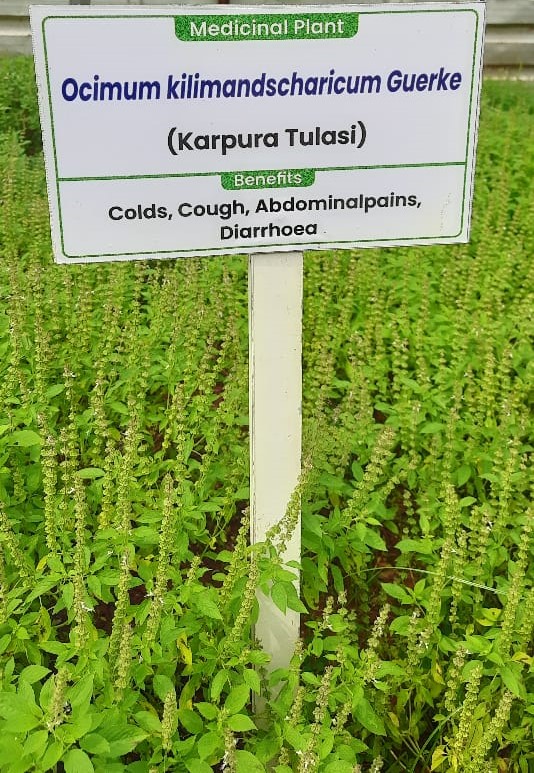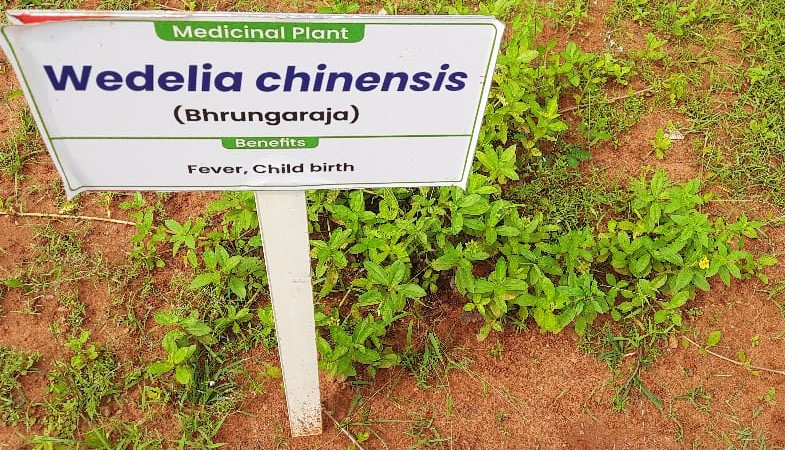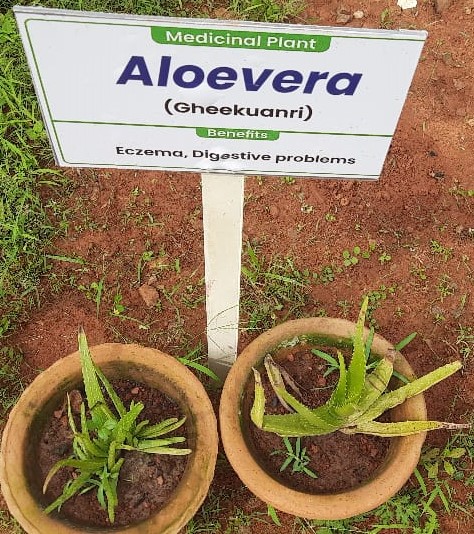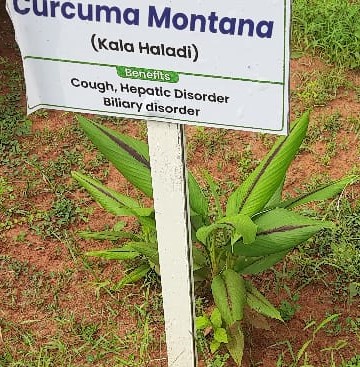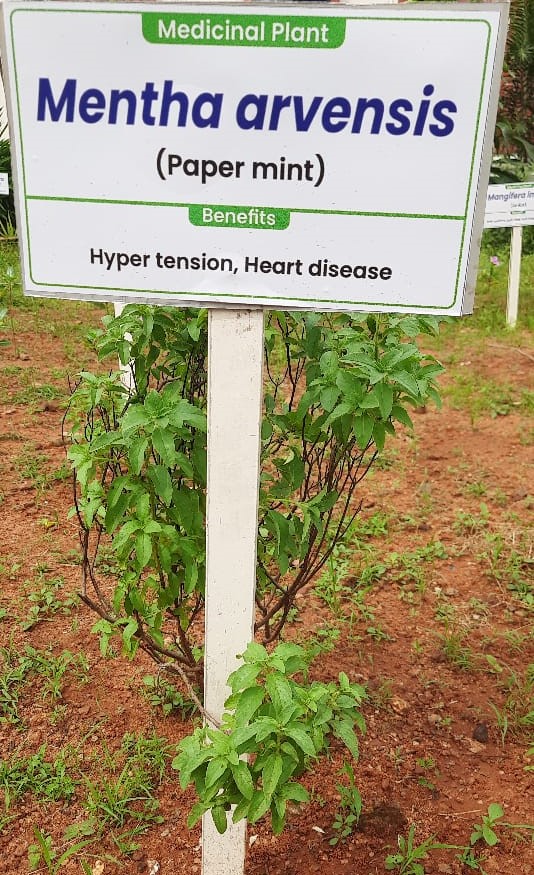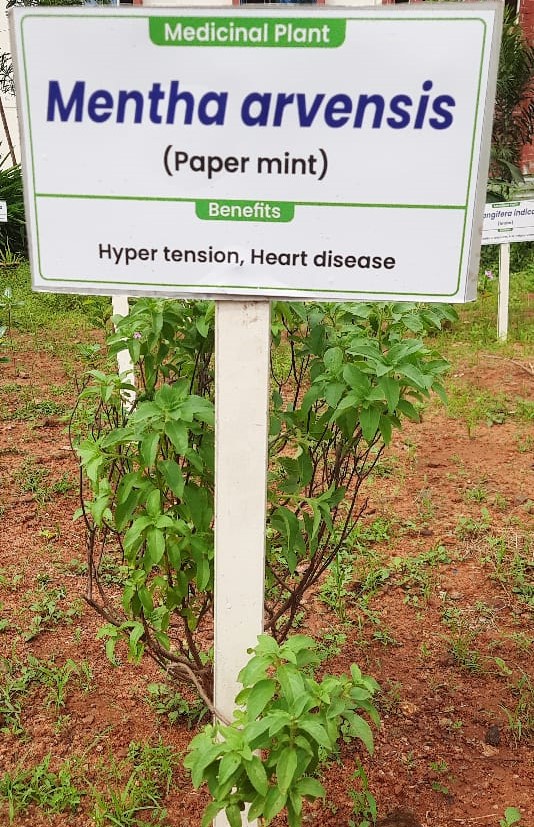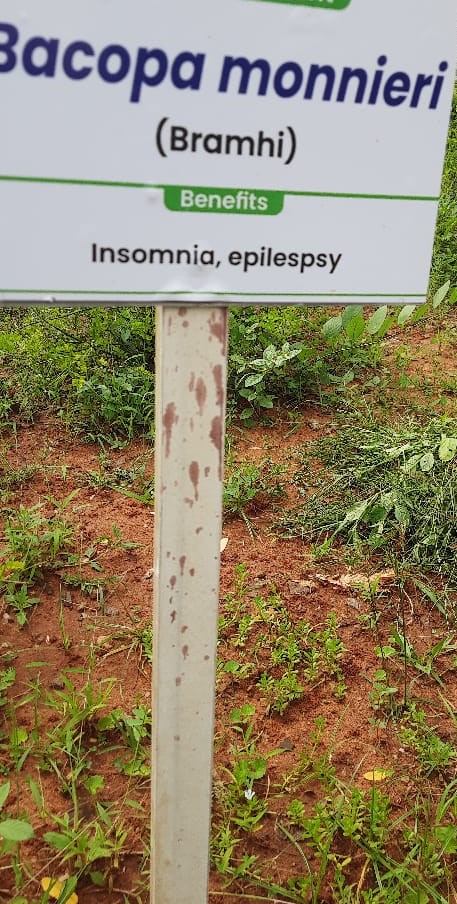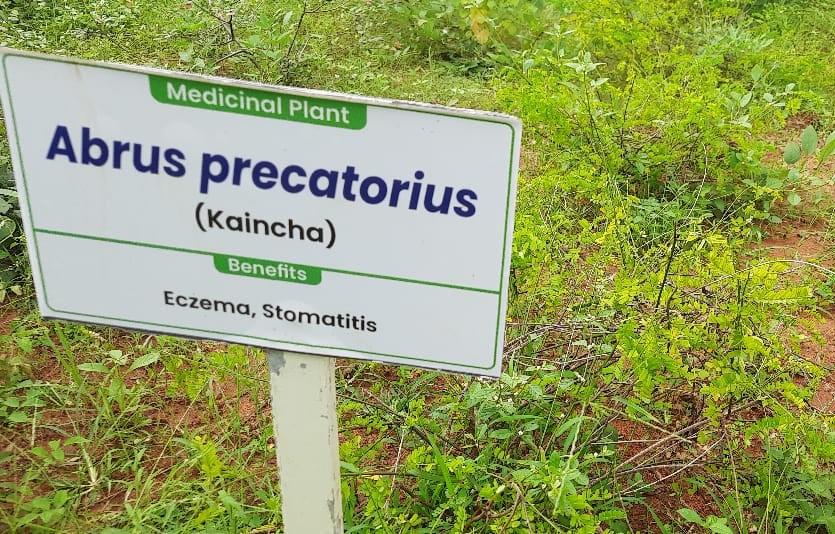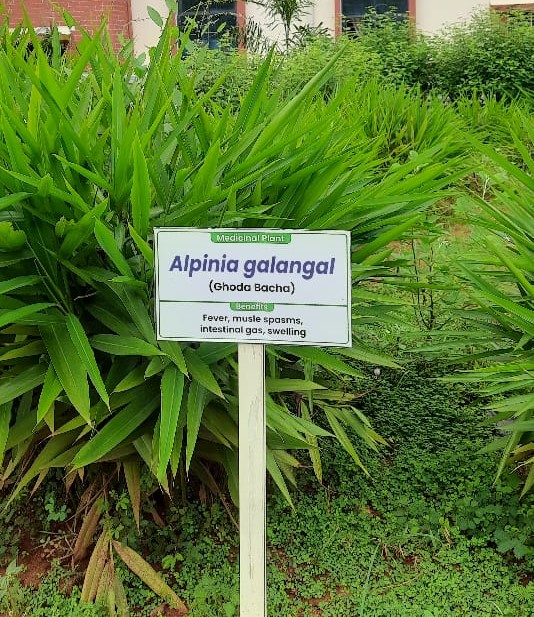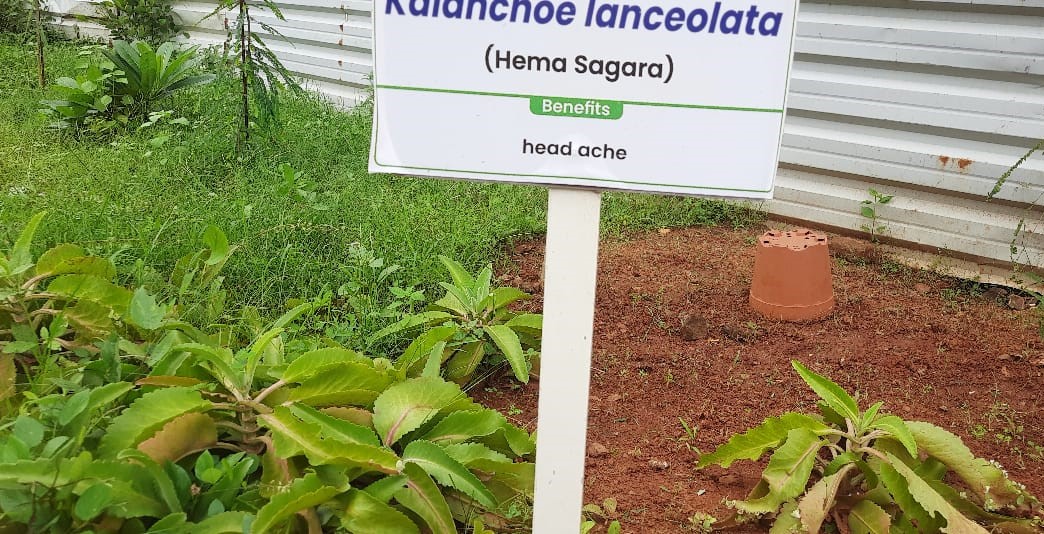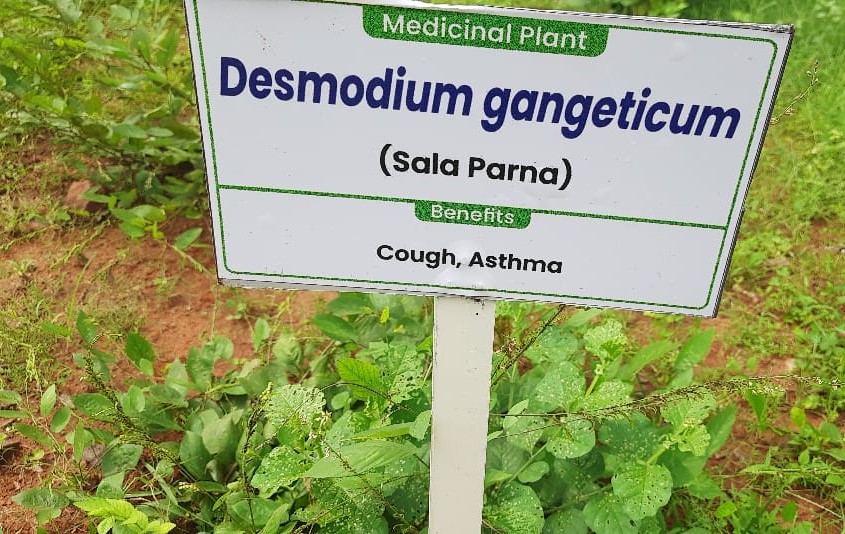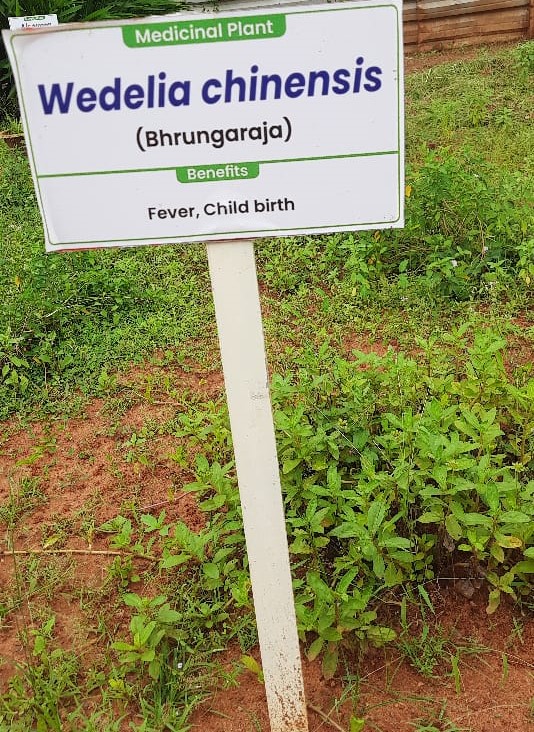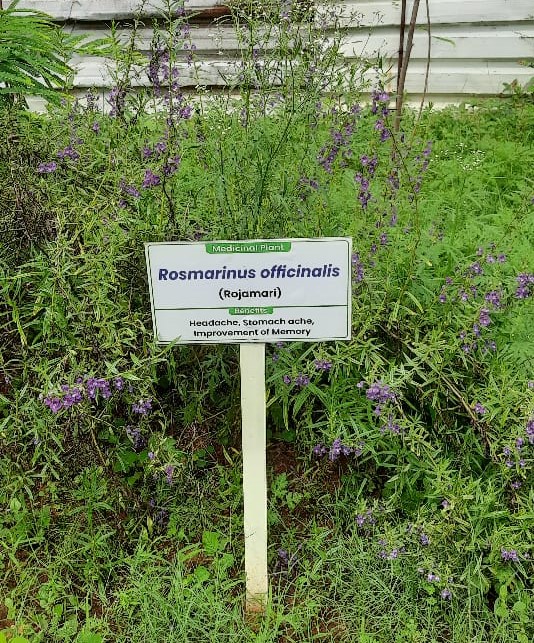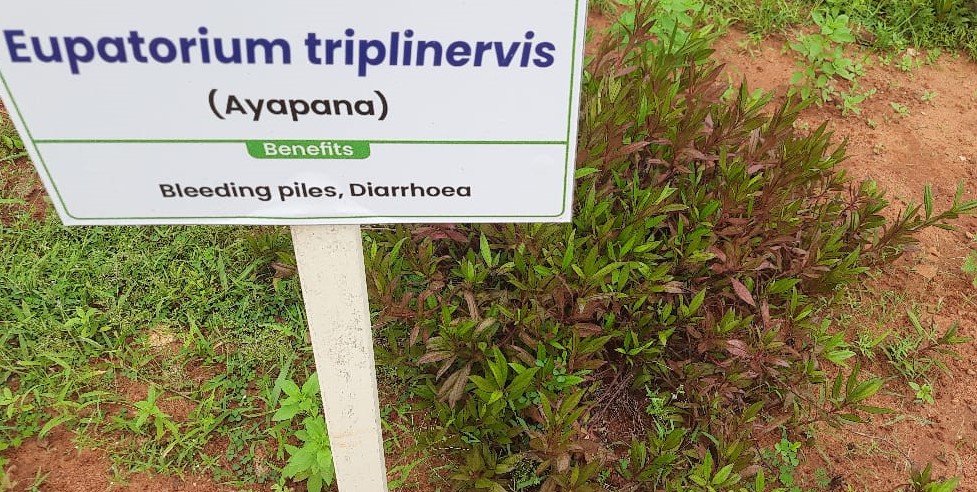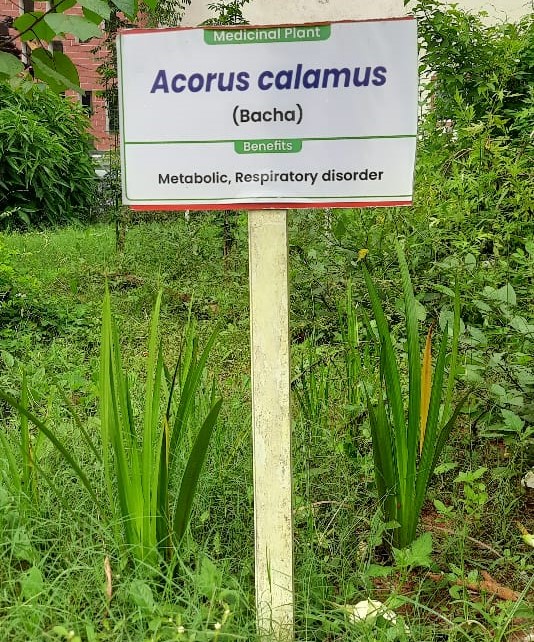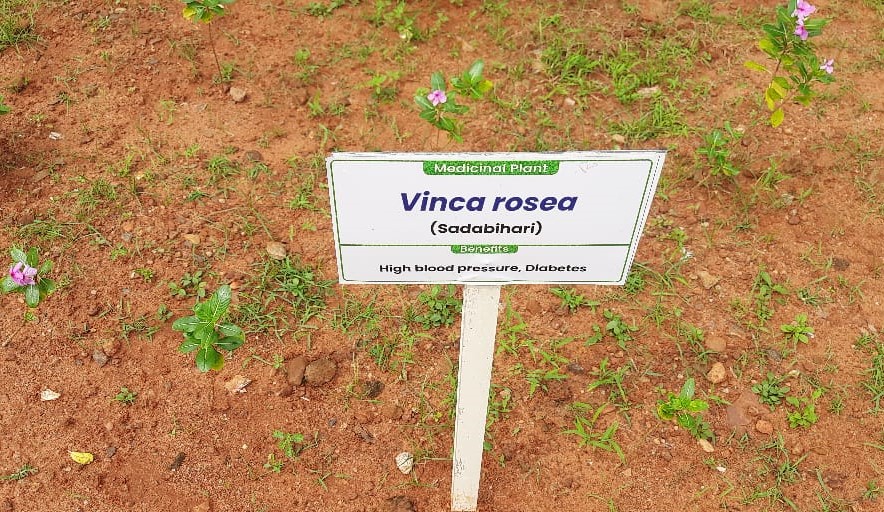Project Description
Centre for Indigenous Knowledge on Herbal Medicines and Therapeutics, Kalinga Institute of Social Sciences, Deemed to be University, Bhubaneswar endeavor to promoting awareness of herbal medicines and traditional plant-based therapies. Its ultimate goal is to preserve indigenous knowledge, empower communities, support sustainable practices, and improve health and well-being by utilization of indigenous herbs and medicinal plants as well as contribute to both cultural heritage and scientific advancements in herbal medicine.
- Preservation of Traditional Wisdom: Preserving and promoting the rich traditional knowledge of indigenous communities related to herbal medicines and therapeutic practices.
- Scientific Advancements: Advancing scientific research in the field of herbal medicines to validate traditional knowledge and develop evidence-based practices.
- Sustainable Herbal Resource Management: Promoting sustainable harvesting and conservation practices to ensure the availability of medicinal plants for future generations.
- Health and Wellness: Enhancing awareness of the therapeutic potential of herbs and herbal medicines for improved health and wellness.
- Cultural Heritage: Celebrating and preserving the cultural heritage associated with indigenous herbal knowledge and practices.
- Community Empowerment: Empowering local communities, particularly indigenous groups, to harness the economic and health benefits of herbal medicines.
- Documentation: Documenting traditional knowledge related to herbal medicines, including plant identification, preparation methods, and traditional healing practices. Research and Innovation: Encouraging research into the medicinal properties of indigenous herbs and promoting innovation in herbal medicine.
- Conservation: Promoting the conservation of endangered or threatened medicinal plant species through cultivation and protection efforts.
- Education: Providing education and training to students, researchers, and the community on the identification, conservation, and utilization of medicinal plants.
- Community Empowerment: Empowering indigenous communities with knowledge and skills to sustainably manage and utilize medicinal plants for healthcare and economic benefit.
- Awareness: Raising awareness among the general public about the value of herbal medicines and the need for their conservation.
- Medicinal Plant Gardens: Extensive herb gardens featuring a diverse range of medicinal plants, enabling research, education, and conservation efforts.School of CIST Medicinal Plant Garden has Plantlets of medicinal plants collected from various nurseries and tribal communities of different parts of Odisha. The institution has a plan to cultivate some of the important medicinal plants on a large scale basis and to conserve endangered species.Established: January, 2022
Total area: half acre
Total number of medicinal and aromatic plants: 100+ species
Purpose: Conservation, Propagation and Research
- Laboratory Facilities: Well-equipped laboratories for analysing and studying herbal medicines, including facilities for extracting active compounds and conducting quality control assessments.
- Resource Center: A comprehensive resource center housing a wealth of literature, traditional knowledge, and documentation on herbal medicines and their applications.
- Training and Educational Spaces: Dedicated spaces for workshops, seminars, and training programs aimed at educating students, researchers, and the community about indigenous herbal knowledge. Professor of practice also participate in various seminar, workshop and conferences related to medicinal plant to enrich knowledge and implementation.
- Exhibition and Display Areas: Areas for showcasing indigenous herbal plants, traditional remedies, and information on their uses to promote awareness.
- Training and Workshops: Offering training and workshops on herbal identification, sustainable harvesting, processing, and utilization of medicinal plants.
- Research Programs: Facilitating research programs for students and researchers to study the medicinal properties and therapeutic potential of indigenous herbs.
- Traditional Knowledge Preservation: Collaborating with indigenous communities to preserve and document traditional knowledge related to herbs and medicinal plant usage.
- Community Engagement: Engaging with local communities to provide them with the skills and knowledge needed to harness the benefits of herbal medicines.
- Research and Development: Facilitating research initiatives focused on the medicinal properties of local plants, encouraging innovation in herbal medicine.
- Awareness Campaigns: Conducting awareness campaigns to educate the broader community about the importance of conserving medicinal plants and using traditional herbal remedies.
- Cultural Exchange: Organizing cultural exchange programs to facilitate the sharing of indigenous knowledge and practices among different communities.
Medicinal Plant Garden
Introduction
Medicinal plants have played an important role in human healthcare as the essential ingredients of traditional medicines for thousands of years. Traditional systems of medicine continue to be widely practiced on many accounts. Population rise, inadequate supply of drugs, prohibitive cost of treatments, side effects of several synthetic drugs and development of resistance to currently used drugs for infectious diseases have led to increased emphasis on the use of plant materials as a source of medicines for a wide variety of human ailments.
Medicinal plant gardens are primarily focused on the conservation, cultivation, research and educational activities related to plant species known for medicinal purposes. However, these gardens also equally provide services related to other plant species whose primary use is not for therapeutic practice.
Generally medicinal plants are considered as rich resources of chemical compounds may be secondary metabolites and including alkaloids, glycosides, essential oils and other miscellaneous active substances. Medicinal plants will be useful for Maternal and Child health care, as essential drugs, in food and nutrition, for common illnesses and injury, for endemic infectious diseases, mental health and oral health. A part from that, these plants play a critical role in the development of human cultures around the whole world.
Objective for establishment of medicinal plant garden
The objective of the medicinal garden is to create awareness of conservation and traditional uses of herbs and medicinal plants as well as learn how to identify and conserve these important plants.
Medicinal plants have played an important role in human healthcare as the essential ingredients of traditional medicines for thousands of years. It plays a significant role in education and research of plant species used for medicinal purposes. Medicinal plant gardens are also actively involved in organizing of educational programs/events to students and the general public.
History and current status of medicinal plant garden
Keeping in the mind the importance of medicinal plant garden we have decided to establish a medicinal plant garden. It was started in the year 2017-18 by the leadership of Dean of School of Comparative Indic Studies and Tribal Science and other school faculty members. Plantlets of medicinal plants were collected from various nurseries of different parts of Odisha. Initially it was started with few plants but gradually this encouraged the faculty members and they cordially donated some plantlets from their personal collections. With little steps it reached into rich medicinal plant garden.
Medicinal plant garden is currently situated within the campus. Manuring, pest and insect control is done on regular basis. Gardening care is taken under the supervision of learned faculties. Advises are also taken from senior Professors of various Universities and Medicinal Plant Board officials whenever required. Professor of practice also participate in various seminar, workshop and conferences related to medicinal plant to enrich knowledge and implementation.
Presently, there are seventy varieties of medicinal plants of various categories such as trees, shrubs and herbs.
Conservation of medicinal plants
School of CIST Medicinal Plant Garden has a plan to collect and cultivate as many medicinal plants as possible. The institution has a plan to cultivate some of the important medicinal plants on a large scale basis and to conserve endangered species.
- Established January 2022
- Total area: 136 ft x 95 ft
- PURPOSE: Conservation, Propagation and Research
Other features of Medicinal Plant Garden
- Irrigation and green house
- Total number of medicinal and aromatic plants: 100+ species
- Some plants brought from outside and acclimatized
- Plants grown (experimental) in the department
Conclusions
Medicinal plant gardens are integral to the institution’s teaching about the various aspects of medicinal plants in human healthcare. The general public can also get benefited from the medicinal plant gardens by participating in various educational and training events/ activities. In future, wide sharing of scientific knowledge among multiple stakeholders could generate larger stewardship for conservation of traditional knowledge and medicinal plants. Medicinal plant gardens are appropriate tools for conservation of medicinal plants and preservation of traditional knowledge that help collaborate more local communities, academicians, students and researchers for generating greater conservation benefits and promote science communication.


